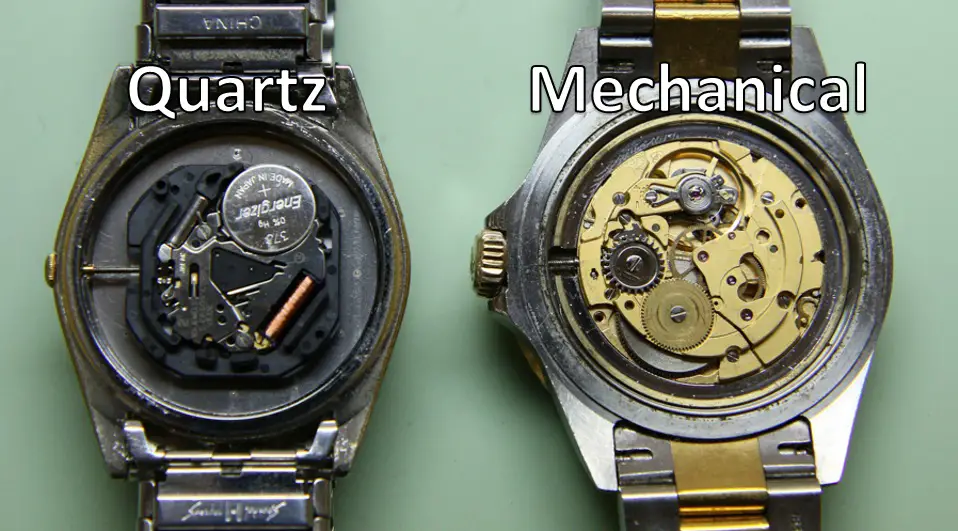
DesignĪ timepiece will have been carefully designed. If you're undecided about your next purchase and whether or not you're buying a watch or a timepiece, there are three big indicators you should look out for. It should be a reflection of you and your personality, and the decision to purchase one shouldn't be taken lightly. It's an object you take great care in finding, selecting and great pride in wearing. They can be picked up anywhere and will perform their role, keeping you on track.Ī timepiece, on the other hand, is much more than that. But the dictionary doesn't tell the whole story.Ī watch is something one wears to tell the time. Strictly speaking, a watch is a timepiece. So with or without a watch, use it wisely.In the world of watches, there's not much to choose between a watch and a timepiece. In particular, it gives clues as to how you make use of your most valuable asset … time. Whether you’re measuring time by the experiences you have, the memories you make, your brain’s internal clock, or via the timepiece that you wear, it all offers a unique insight into how you live your life. And a Rolex can serve as a fashion statement or even a symbol of your wealth. A watch with a picture of the globe can signify that you love traveling. For example, a sports watch can mean you’re physically active. The kind of timepieces you wear conveys information about who you are to others members of your community. But it can also be a window into your personality. It can be an integral part of who you are. Having access to the specific seconds, minutes, and hours of the day allows you to create the life you want. Wearing a watch doesn’t just give you the ability to tell time, but it also allows you to control it and manage more time for yourself. Knowing the time of day and how much time you have left in a day allows you to influence every aspect of your life. You can use it to your advantage to set up meetings, create deadlines, and achieve your goals. The ability to carry time on your wrist makes time a friend. Watches are a reminder that the human experience is inseparable from time. And wearing a watch shapes the way that you experience and perceive time. Time is your most precious asset and most valuable gift. The agreement allows everyone to coordinate their life based on a 24-hour cycle. Timepieces allow you to objectively determine time through an agreement with other members of society. Humans created timepieces to measure time using seconds, minutes, and hours. The Importance of a Timepiece/WatchĪ timepiece measures time very differently than the brain does. As the sun rises, the pineal gland stops producing melatonin. One notable change includes the pineal gland producing melatonin, as the sun sets, which makes you sleepy.

As a result, your brain goes through physical, mental, behavioral, and chemical changes as the sun rises and sets. The circadian rhythm responds to the rise and fall of daylight.

Your brain also has its own internal clock known as circadian rhythm. Outside of your experiences, your brain also measures time according to the natural laws of the solar system. Your brain determines time by organizing your experiences and the memories you make into a logical sequence of events. A study done at NTNU’s Kavli’s Institute for Systems Neuroscience found that “the brain makes sense of time as an event is experienced.” What you measure is subjective time, derived from the ongoing flow of experiences you have.

Instead, neurons located in parts of the frontal and temporal lobes perceive time through the experiences you have and the memories you make. Your brain doesn’t measure time on a 60-minute scale. It doesn’t work like a timepiece or watch, though. Your brain has a network of neurons capable of subjectively determining time. Is it any wonder you feel the need to ascertain, control, and even create more time for yourself? How the Brain Experiences Time In fact, the average lifespan of a person who lives in the United States of America is approximately 78 years old. But, of course, that is if you’re lucky enough to become an octogenarian.Īs a doctor, I can tell you that a lot of people aren’t that lucky. Considering that you sleep anywhere from a fourth to a third of your life, that leaves approximately 20,858 – 23,348 days being awake. The approximate amount of days that you’re alive from the day you’re born until the day you turn 85 years old is 31,131.


 0 kommentar(er)
0 kommentar(er)
